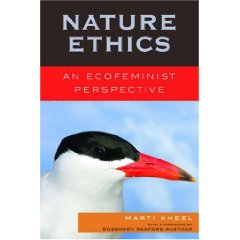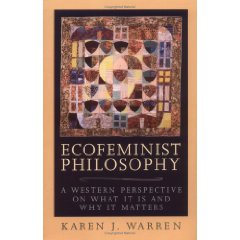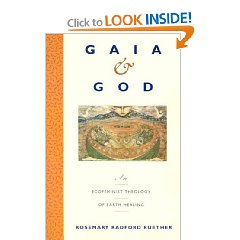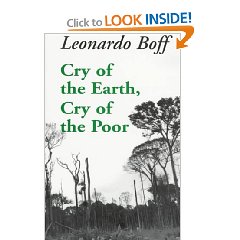
“Nature Ethics provides a comprehensive and fair-minded account of the contrasting positions, particularly with respect to animals, between ecofeminist nature ethics and the celebrated holistic views of Theodore Roosevelt, Aldo Leopold, Holmes Rolston III, and Warwick Fox. Anyone interested in women's studies, animal advocacy, hunting, vegetarianism, or environmental ethics will find this impressive book helpful and challenging.”

How are the unjustified dominations of women and other humans connected to the unjustified domination of animals and nonhuman nature? What are the characteristics of oppressive conceptual frameworks and systems of unjustified domination? How does an ecofeminist perspective help one understand issues of environmental and social justice? In this important new work Karen J. Warren answers these and other questions from a Western perspective. Warren looks at the variety of positions in ecofeminism, the distinctive nature of ecofeminist philosophy, ecofeminism as an ecological position, and other aspects of the movement to reveal its significance to both understanding and creatively changing patriarchal (and other) systems of unjustified domination.

This is a comprehensive and important discussion of three main myths of creation, destruction, and domination. Ruether ( Mary: The Feminine Face of the Church , Westminster/John Knox Pr., 1977) shows how these patriarchal stories still permeate the culture and social structure of the Western world today. She eloquently critiques these values from an ecological and feminist point of view, exploring how male domination of women and of nature are interconnected. Arguing that these values must be changed, she develops potential ways for healing ourselves and our planet from within existing religious traditions. This work is useful for special collections in religion, woman's studies, and ecology. It assumes some relevant knowledge on the part of the reader but is highly relevant for this specialized audience.
“Cry of the Earth, Cry of the Poor” represents Leonardo Boff's most systematic effort to date to link the spirit of liberation theology with the urgent challenge of ecology. Focusing on the threatened Amazon of his native Brazil, Boff traces the ties that bind the fate of the rain forests with the fate of the Indians and the poor of the land. In this book, readers will find the keys to a new, liberating faith.




